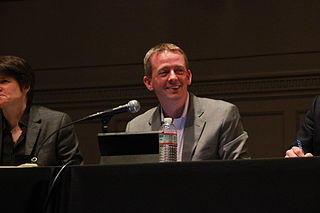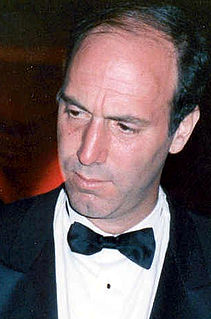A Quote by Jonny Wilkinson
I wouldn't go in a fast food outlet even to use the toilet.
Related Quotes
I think America's food culture is embedded in fast-food culture. And the real question that we have is: How are we going to teach slow-food values in a fast-food world? Of course, it's very, very difficult to do, especially when children have grown up eating fast food and the values that go with that.
I think Americas food culture is embedded in fast-food culture. And the real question that we have is: How are we going to teach slow-food values in a fast-food world? Of course, its very, very difficult to do, especially when children have grown up eating fast food and the values that go with that.
Most fast-food workers can't easily join a union, because they don't work directly for their parent company, such as McDonald's or Subway. Instead, they work for individual franchise owners, ensuring that each individual fast-food outlet would have to organize and win union recognition separately. So there's not one central employer to bargain with, as in a traditional union campaign.
I didn't have money to eat when I was 21. When I was short on cash, I would sometimes scam food from fast food places. I'd go into fast food chains and pretend I was from a movie studio, tell them they didn't send us the right order and demand they fix it. I've tried to make that right whenever I could.
In captivity, one loses every way of acting over little details which satisfy the essentials of life. Everything has to be asked for: permission to go to the toilet, permission to ask a guard something, permission to talk to another hostage - to brush your teeth, use toilet paper, everything is a negotiation.
Eric Schlosser's book on the economy and strategies of the fast-food business should be read by anyone who likes to take their children to fast-food restaurants. I shall certainly never do that again. He employs a long, cold burn, a quiet and impassioned accumulation of detail, with calm, wit and clarity. (...) Fast Food Nation is witness to the rigour and seriousness of the best American journalism, readable, reliable and extremely carefully done.




































